“All hope is not lost; if we set our minds to it, we will be able to win the fight against corruption”. This is a statement made by the Executive Director of the Ghana Chapter of Transparency International, Mad. Mary Awelana Addah, during a National Dialogue organised by the National Commission for Civic Education (NCCE) with support from the GIZ and the European Union.
Mad. Addah indicated that the citizenry’s awakening consciousness to the responsibilities which accompany their rights, as stipulated in the 1992 Constitution of the Republic of Ghana, is the initial step towards recording success in the fight. She highlighted that the role of the Ghanaian cannot be underestimated, as the actual power to defeat the menace of corruption rests with the people. She underscored the need and urgency for citizens to demand accountability from leadership, since the legal framework of the country empowers them to do so.
“Apathy has crept into the system such that citizens are now more than ever, receptive to corrupt behaviours and their proceeds, as there is the belief that if you do not join them, then you will be handed the short end of the stick”, Mad. Addah opined, stating that it is unfortunate and we are headed for doom if we continue on this trajectory.
Touching on the seemingly lack of clarity in Ghana’s politics with respect to electioneering campaign financing, she revealed that her outfit, together with other Civil Society Organisations (CSOs), is pushing for the passage of a regulation that provides adequate clarity on how political parties must implement their campaigning activities and the threshold of financial investment into these activities. “As citizens, we should also stop making monetary demands on these politicians because the more we drain their coffers, the more they see a need to recoup what has been lost”, she advised.
Weighing in on the conversation bordering on electioneering campaign financing was the Chairman of the Advisory Board Against Corruption, Hon. Kwami Edem Senanu, who also advocated for a shorter campaign period. He proposed that six months should be enough for candidates and political parties to undertake their campaign activities, asserting that the longer the period, the higher the tendency to spend unnecessarily, which oftentimes triggers corrupt practices such as embezzlement of funds and misappropriation.
Hon. Senanu, in his submission, threw light on the essence of shifting focus to rewarding good behaviour. He posits that, inasmuch as it is appropriate to punish misconduct, behaviours that align with societal values must not go unrecognised, especially among the younger generation. He believes that this would go a long way to reinforce the importance of abiding by these morals and values, and make them appealing to adopt.
He, however, revealed that some aspects of our culture, precisely a few of the adages and proverbs, seem to condone corruption. Referring to an earlier cited adage, “If your mother brews pito, you don’t have to drink water”, Hon. Senanu stated that the implication of such an adage encourages people to believe that their affiliation to authority, without hard work, alone is enough.
But, Prof. Justice Bawole, a former Dean of the University of Ghana Business School, having a bite on the subject of culture facilitating corruption, was of the opinion that individuals who seek to perpetrate corrupt behaviours tend to find an alibi for their misconduct by misapplying these wise sayings bequeathed to us by our forefathers.
Meanwhile, the Professor cautioned public officers against accepting ‘gifts’ in their capacity as occupants of certain positions in public office. According to him, such kind gestures are most often extended with ulterior motives. “Anytime someone brings you that supposed gift, ask yourself, what have I done to merit it?”, he mentioned, emphasising that the acceptance of the gift is tantamount to complicity.
Speaking on the gravity of examination malpractice, which he holds has become the order of the day, Prof. Bawole highlighted how we stand to suffer the comeuppance of this act of corruption. As an academic, he revealed the illegalities students are carrying out to pass their exams without recourse to rules, regulations, values, and ethics. “Very soon, we will have medical doctors who are not truly qualified but have passed anyway because they hired others to impersonate them in the exam hall”, he concluded.
The maiden national dialogue under the “Strengthening the Rule of Law and the Fight against Corruption in Ghana” project was themed, “Empowering Citizens, Promoting Accountability”. It is an NCCE initiative, which forms part of the Participation, Accountability and Integrity for a Resilient Democracy programme, PAIReD, which is commissioned by the German Federal Ministry for Economic Cooperation and Development (BMZ), co-financed by the European Union (EU) and Swiss State Secretariat for Economic Affairs (SECO) and implemented by GIZ.
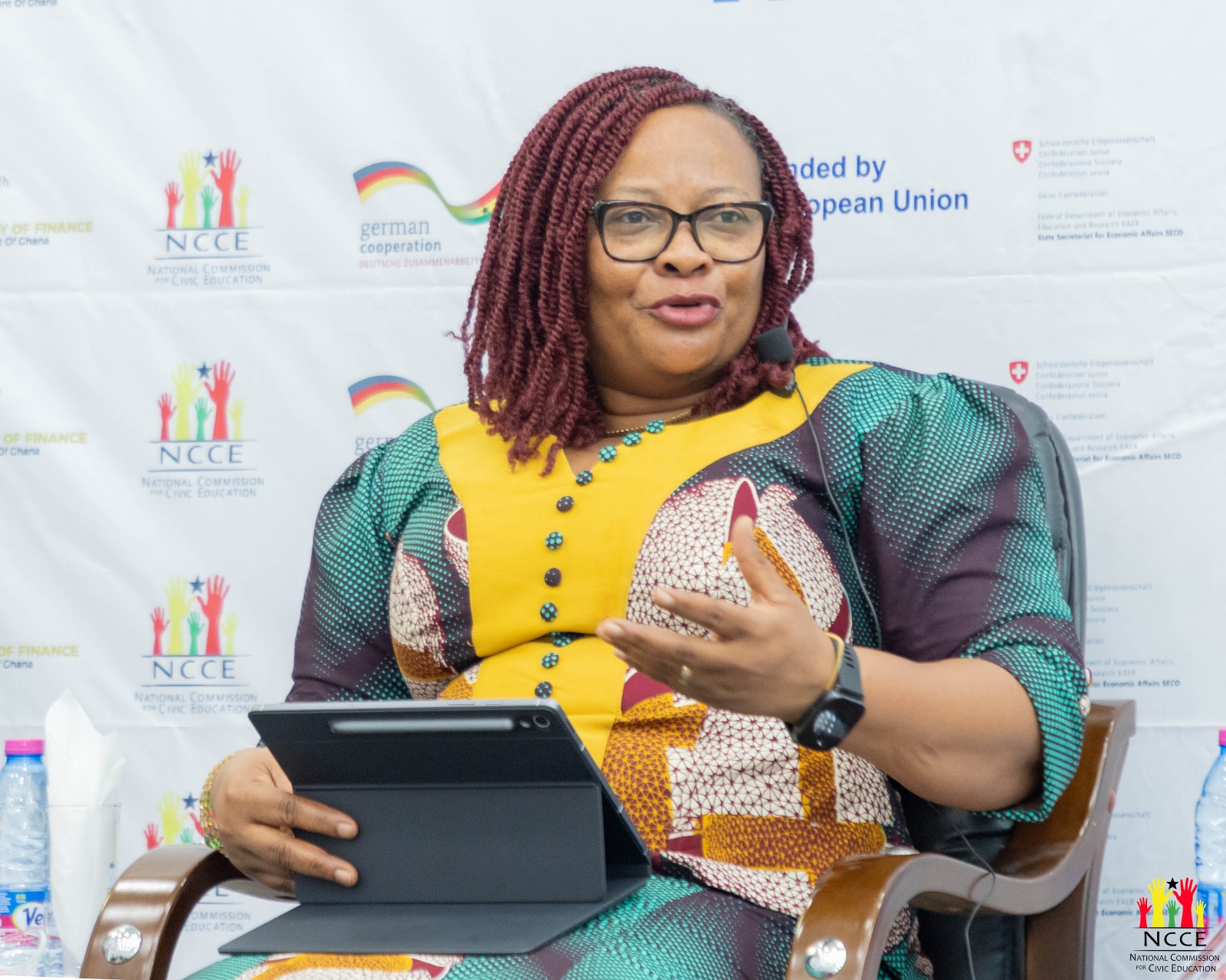
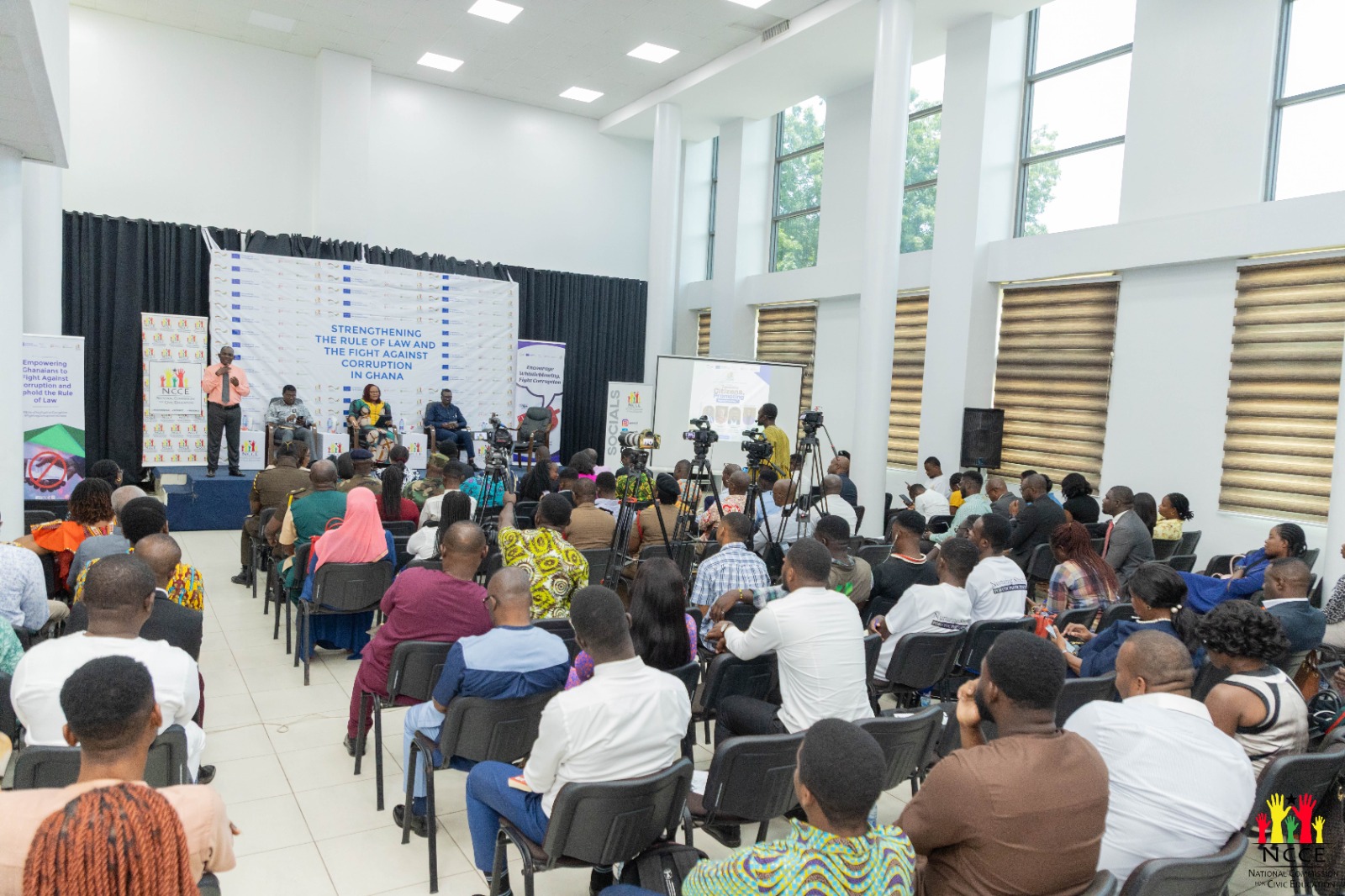
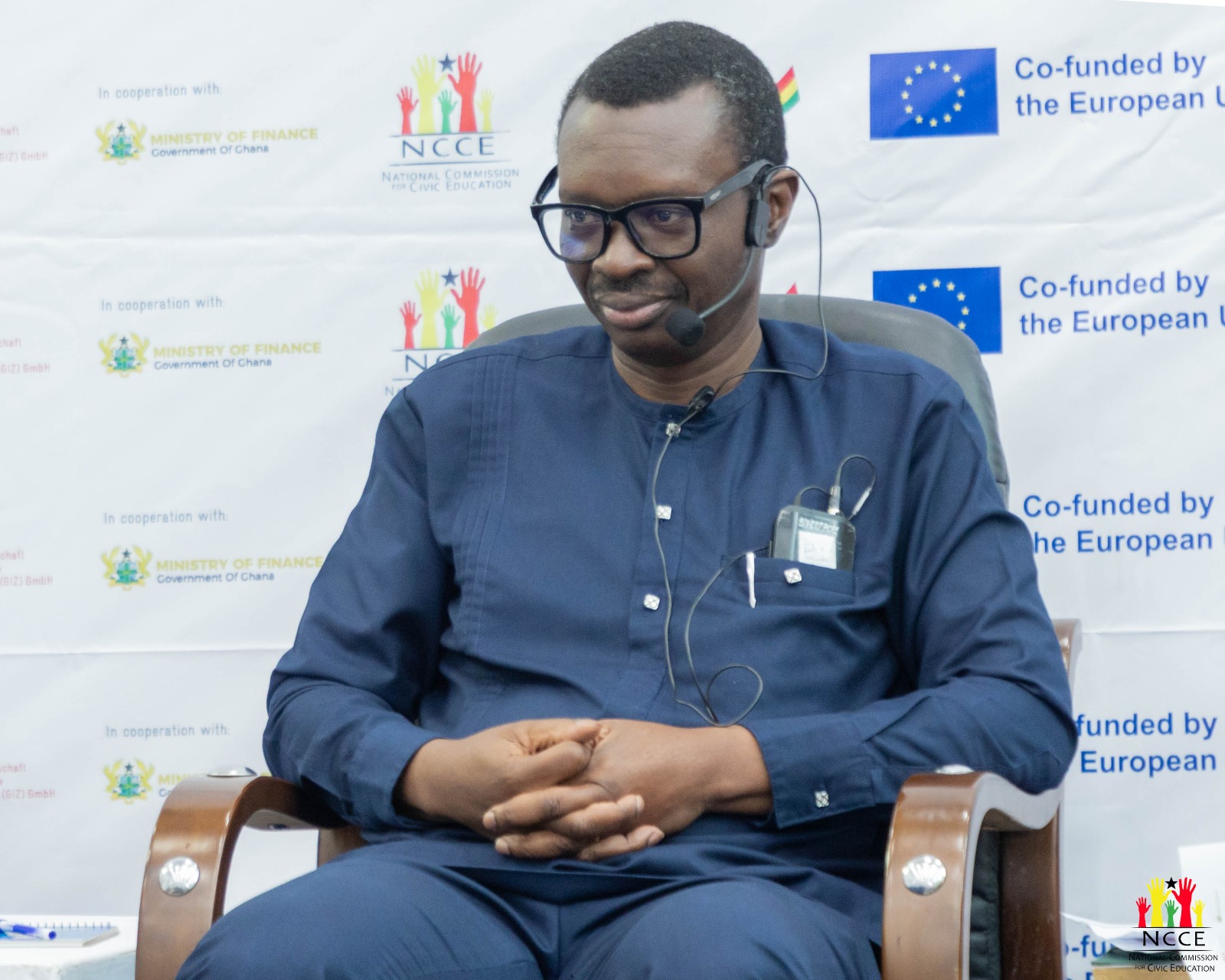
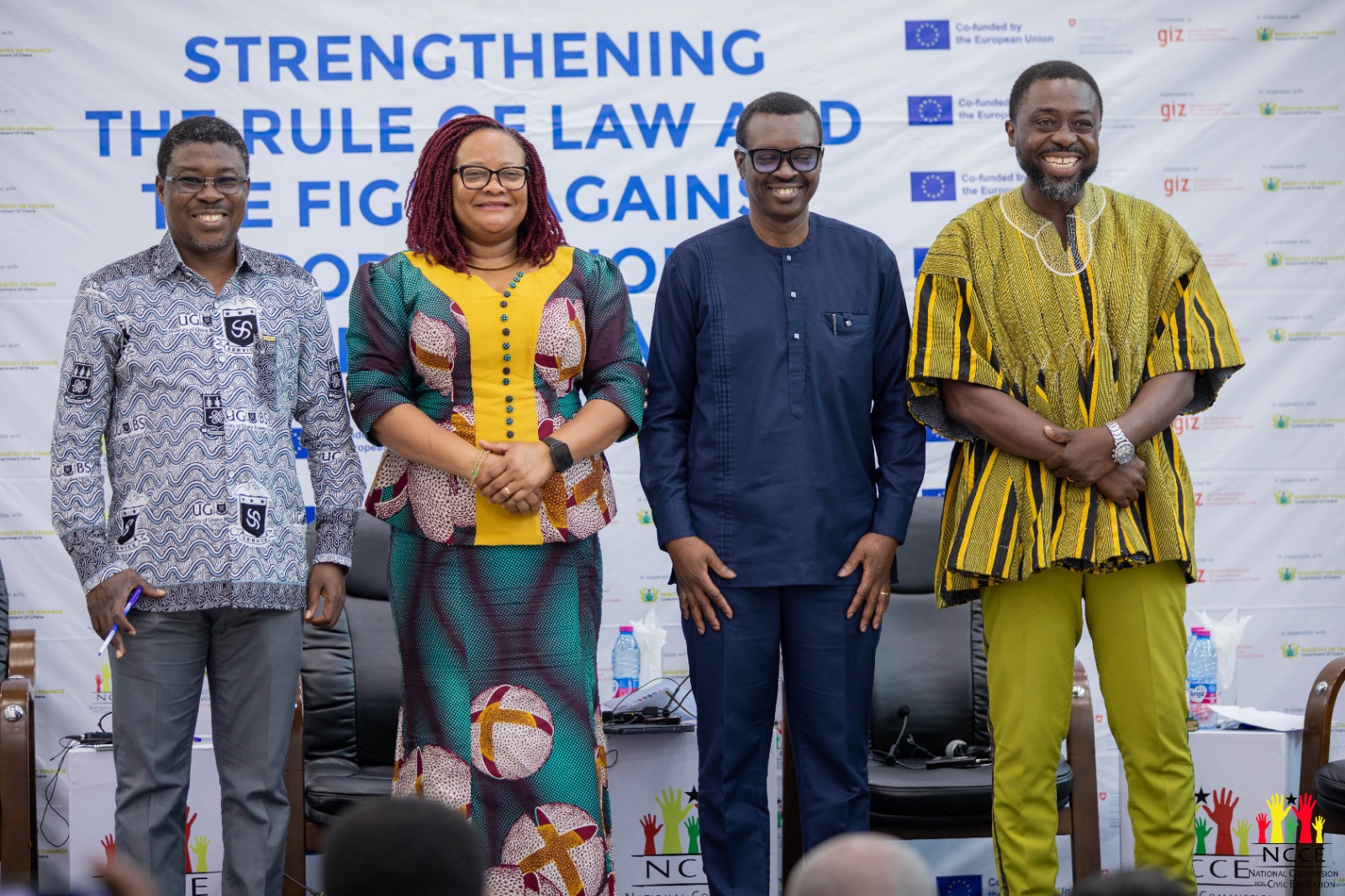
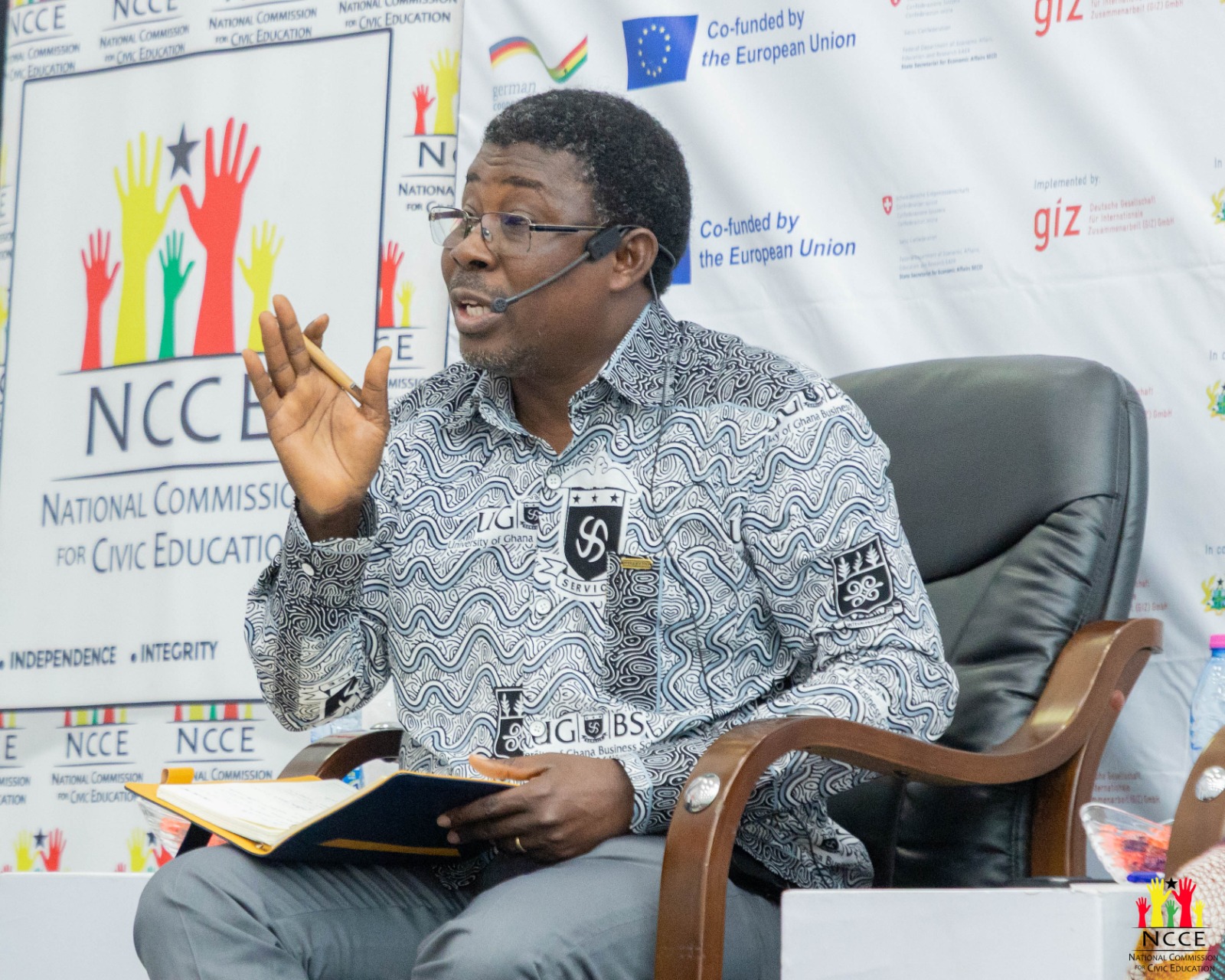
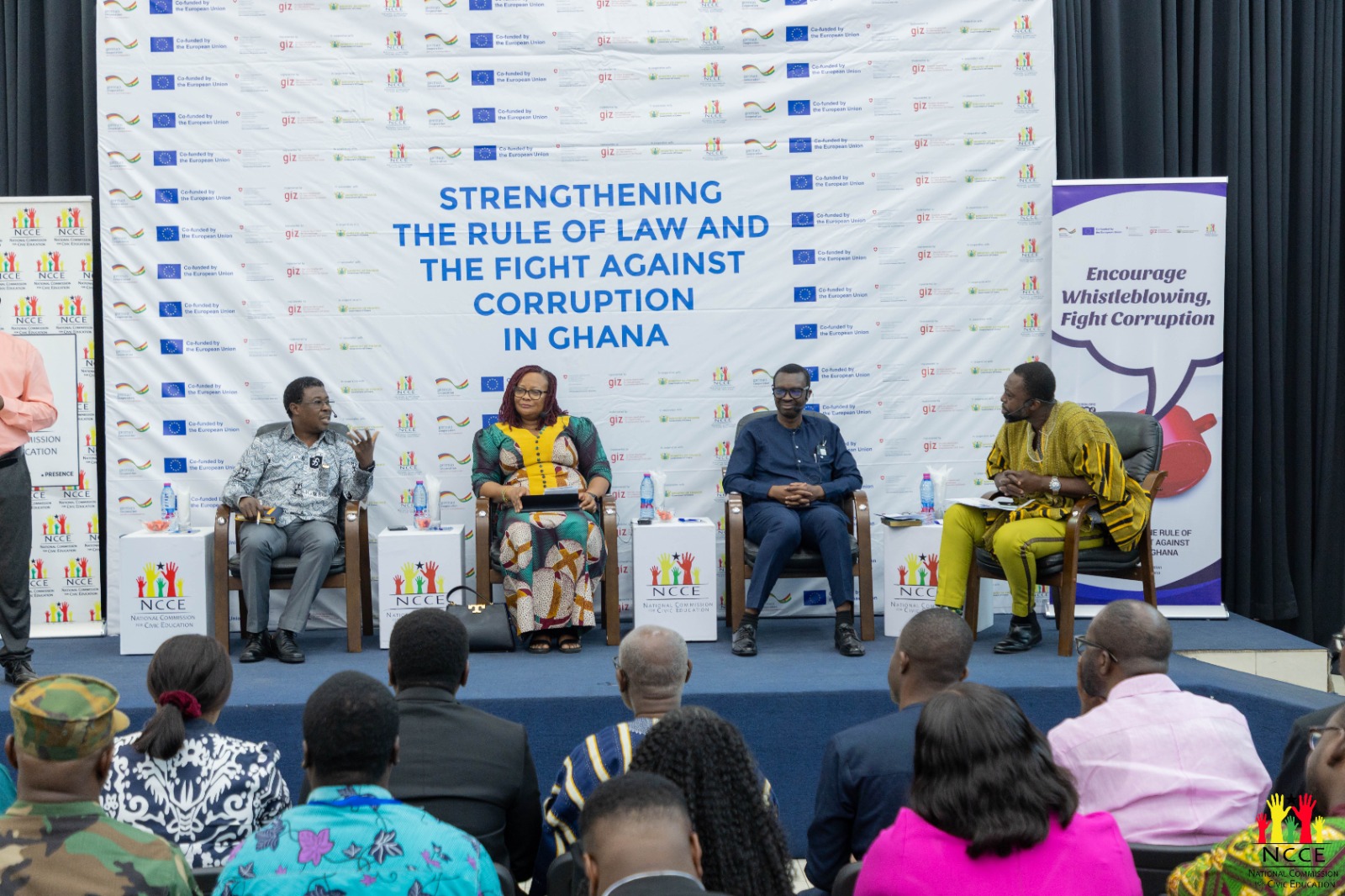
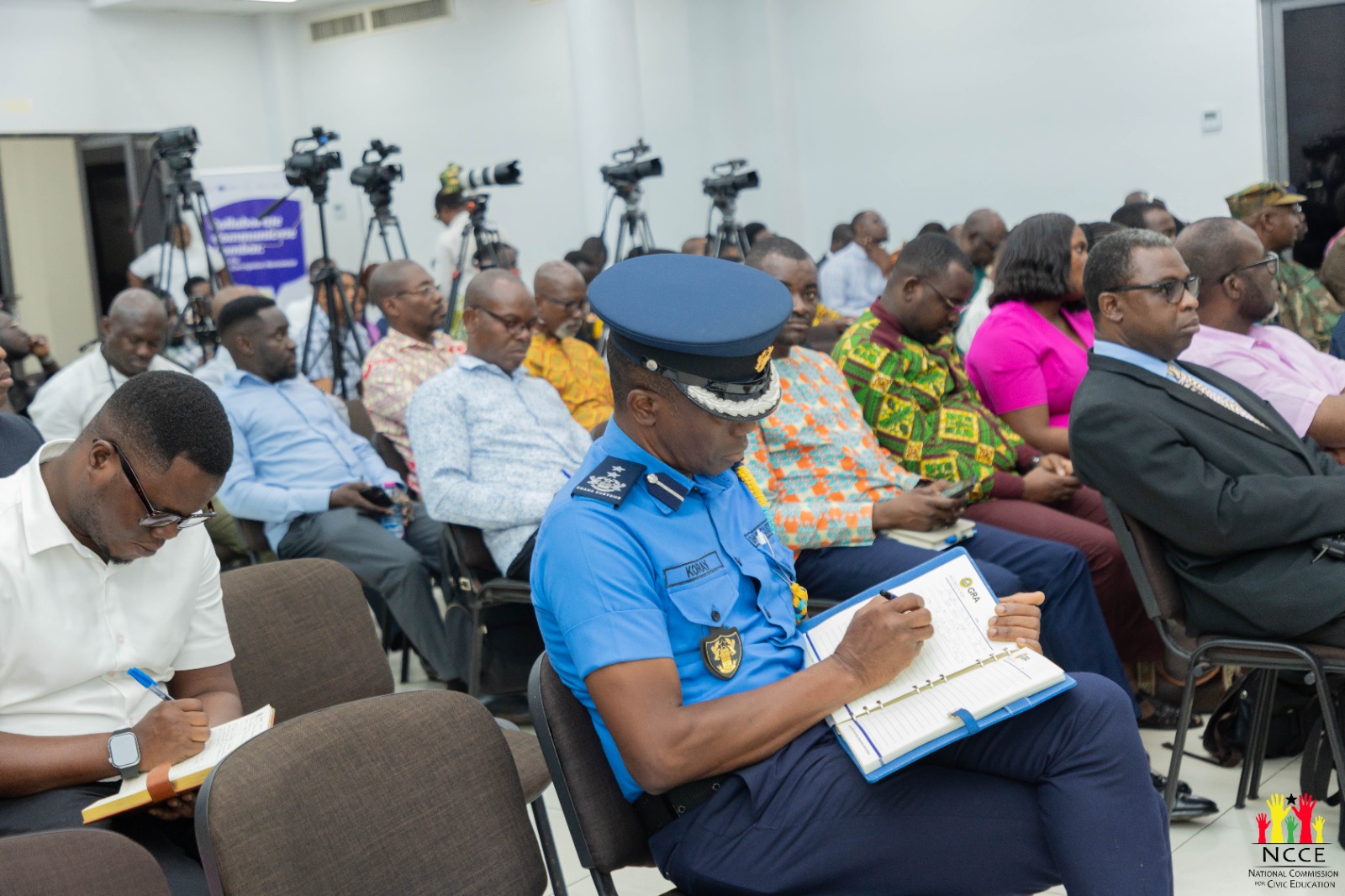
_
Follow us on our social media pages for more stories and posts from the NCCE.
https://www.instagram.com/nccegh/
https://www.facebook.com/nccegh/




Leave a comment